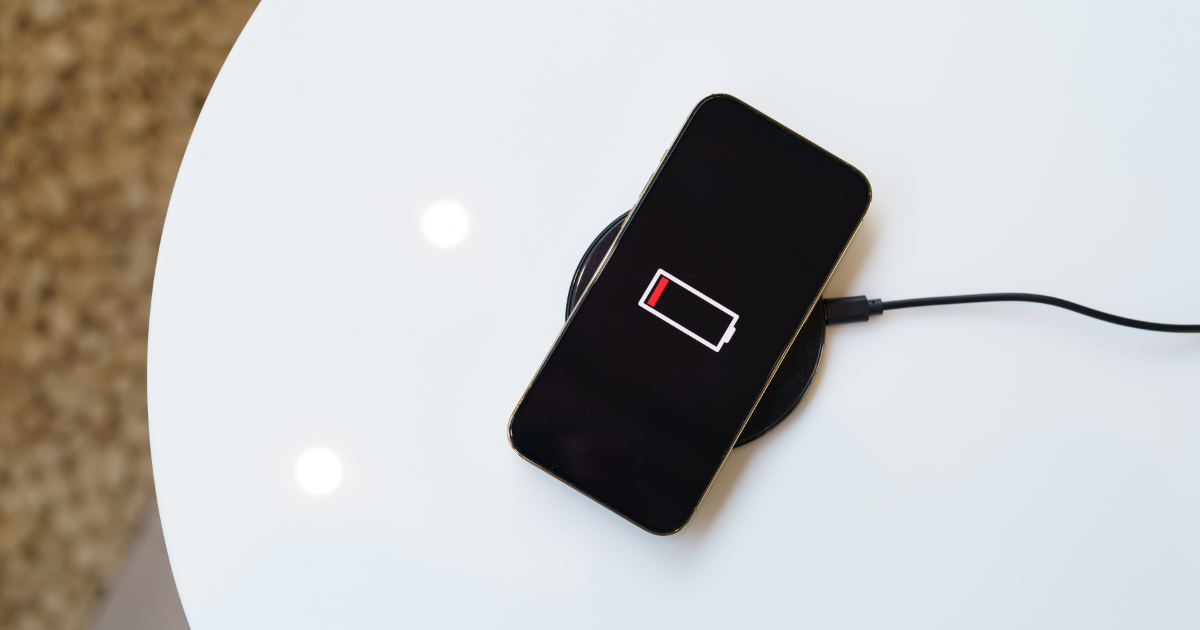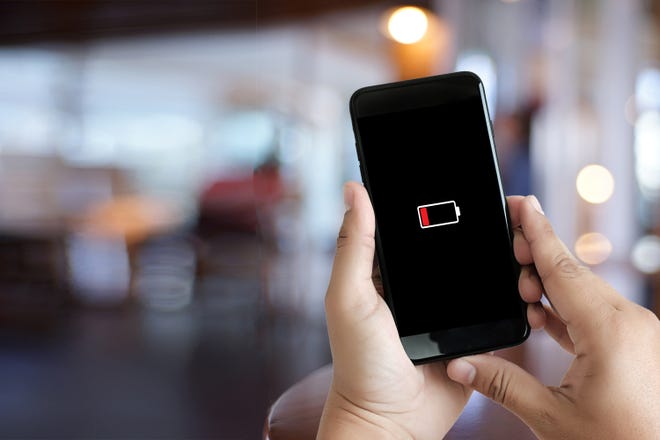
Some people shut down their computers every day to lessen wear and tear. Sometimes your system is running really slow. Here’s why your computer is running slow and how to fix it
What about your smartphone’s battery’s performance? It will decline over time, but you don’t want to speed up the process. Let’s end the debate on whether charging overnight will do that.
What manufacturers say
Your battery’s lifespan isn’t just based on when it was assembled. There are many other factors, including extreme temperature fluctuations and your charging habits. The lithium-ion batteries in our phones chemically age and hold less charge over time. That’s why your old phone doesn’t stay charged for as long.
So, does charging overnight make a big difference?
Apple says that when your iPhone “remain(s) at full charge for prolonged periods of time, battery health can be affected.”

Android phone manufacturers, including Samsung, say the same. “Do not leave your phone connected to the charger for long periods of time or overnight.” Huawei says, “Keeping your battery level as close to the middle (30% to 70%) as possible can effectively prolong the battery life.”
The official word is to keep your phone charged – but not fully charged.
Your battery will automatically stop charging when it’s full, but in some cases, once it drops to 99%, it will need more energy to get back to 100. This constant cycle eats away at your battery’s lifespan. Most phones come with charging regulation options baked in for this reason.
Use your phone’s built-in features
On iPhones running iOS 13 and later, Optimized Battery Charging reduces the amount of time your phone spends fully charged. Once enabled, your iPhone analyzes your charging habits and waits to finish charging past 80% until you need it.
You can override this by tapping and holding down on the “Optimized Battery Charging” pop-up when your phone is plugged in.
This is on by default, but you can double-check it is turned on by going to Settings > Battery > Battery Health > Optimized Battery Charging.

Comments are closed.